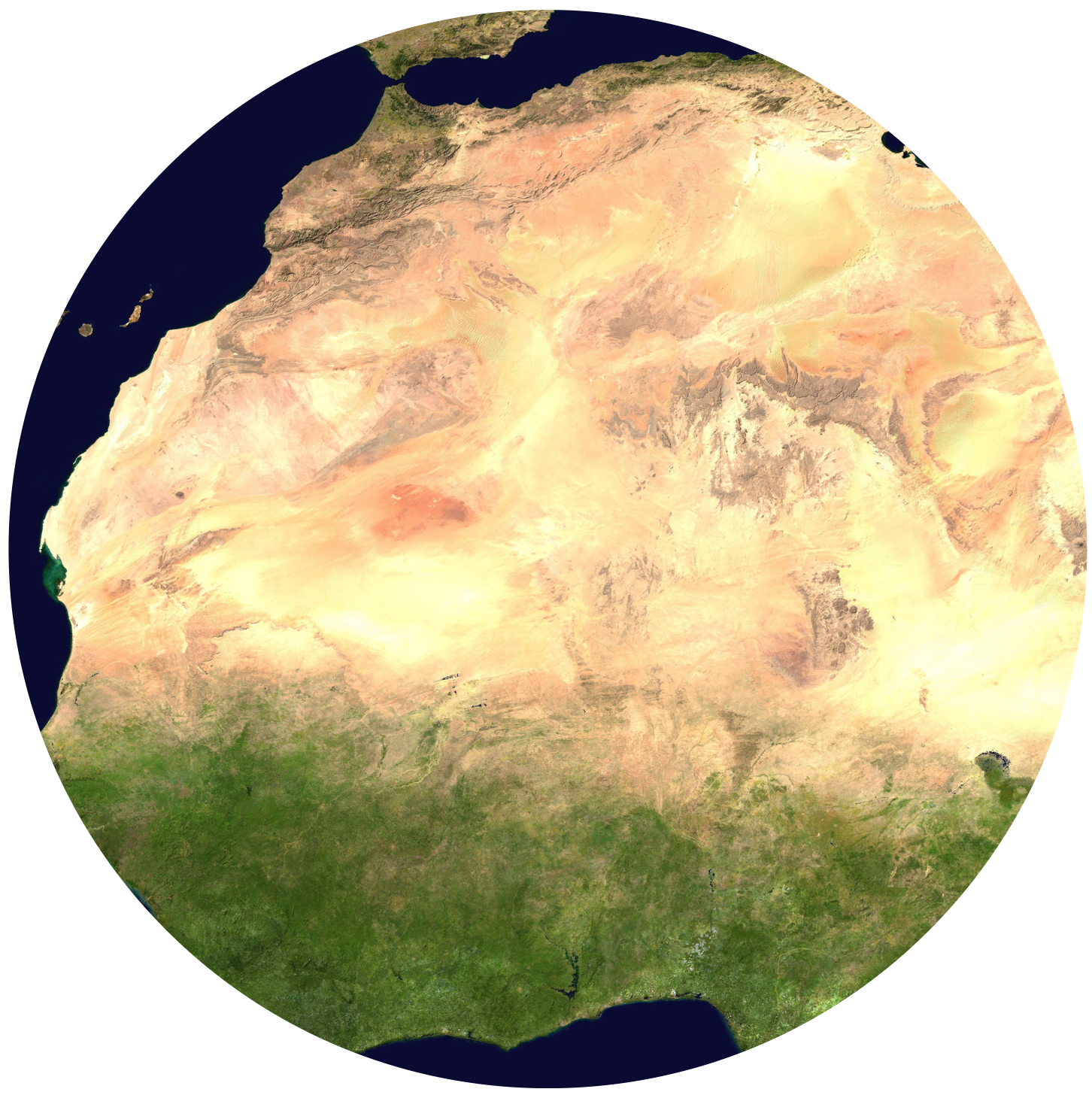Horst Köhler, the UN Special Envoy for the Western Sahara, resigns sparking statements by both Morocco and Algeria, the latter of which has continued to crackdown against former regime figures accused of corruption.
An attack against a tourist bus in Egypt was widely condemned, while violence continued in Libya despite growing international condemnation. In Mauritania, the detention of two bloggers has made many headlines, while in Tunisia there has been further protests
Algeria
As part of the series of arrest against former-regime figures and corruption, the former Minister of Industry, Abdeslam Bouchouareb, who is being investigated for instances of corruption, is reportedly evading authorities in Lebanon (Observ Algérie)[1]. Mouad Bouchareb, President of the National People’s Assembly (AFN), was prevented from hosting a meeting of the first chamber office after the ruling National Liberation Front party decided to freeze the AFN’s activities (Jeune Afrique)[2]. The Algerian Union of Journalists also organized a protest against assaults on journalists by law enforcement (Observ Algérie)[3].
In other news, Algeria was officially declared malaria-free, one of only two countries in Africa, the other being Mauritius, to have such a status (RFI Afrique)[4]. And, in light of the resignation of Horst Köhler, the UN Special Envoy for the Western Sahara, Algeria expressed its ‘deep regret’ (Algérie Patriotique)[5].
Egypt
At least 17 people were injured in an explosion that targeted a tourist bus near the pyramids of Giza (La Libre)[6]. In an apparent retaliatory action, 12 suspected Islamist militants were later killed by Egyptian authorities, though it is unclear if these particular militants were connected to the aforementioned incident (Reuters)[7].
In other news, Egypt has signed a deal with a Cypriot firm to lay a 310-kilometre cable under the Mediterranean Sea to export electricity to Europe (Arab News)[8].
Libya
As more international actors including Canada, Malta and neighboring Tunisia, have weighed in with statements regarding the conflict in and around Tripoli, Ghassan Salamé, the UN Special Envoy for Libya, has expressed concern with the international approach to the conflict (Africanews; The Libya Observer)[9]. He claimed that the international community lacks the moral motivation to end the Libyan war, and views the country as a prize to be captured (The Guardian)[10]. This comes as French President, Emmanuel Macron, was reportedly told by Khalifa Haftar that he does not intend to look for a ceasefire for now (Reuters)[11].
Meanwhile, humanitarian organizations have continued to express alarm and concern at the deteriorating conditions for migrants and refugees detained in detention camps in and around Tripoli, demanding that they be evacuated as soon as possible (Euronews)[12].
Mauritania
Two bloggers in Mauritania were detained without charge, leading their lawyers to call upon the UN Working Group on Arbitrary Detention to act for their release (L’Authentique)[13]. These calls were also echoed by Amnesty International (Sahara Medias)[14]. Aminata Kane, a Mauritanian TV journalist, and her technician-fitter were suspended for criticizing President Aziz (C.R.I.D.E.M.)[15].
In other news, the electoral alliance of the opposition parties has accused the government of causing a ‘hold-up’ of the election process (Sahara Medias)[16]. Birame Dah Abeid has also called for a campaign of solidarity among the political opposition (L’Authentique)[17].
Morocco
After only 20 months in office, Horst Köhler, the UN Special Envoy for the Western Sahara, resigned, Morocco released a statement thanking him and wishing him well for the future (Yabiladi)[18]. Also, regarding the Western Sahara, the Peruvian Council for Solidarity with the Sahrawi Arab Democratic Republic (RASD), has revised its position concluding that the options proposed by the RASD for referendum and independence are currently unrealistic and unviable, and that the RASD should instead align their position with that of the UN Security Council (Le360)[19].
There has been widespread anger and indignation in Moroccan civil society due to the release of the preliminary results of the second National Survey on the Prevalence of Violence Against Women (2M)[20]. On this topic however, Spanish authorities have decided to reopen cases of sexual assault perpetrated against Moroccan seasonal workers, in a move that was praised (Yabiladi)[21].
Tunisia
There were reports of clashes between the police and several local taxi drivers outside the trial court in Kasserine, the latter of which were protesting for the releases of both the President and Vice-President of the Union of Taxi Drivers (Tunisie Numérique)[22]. Moncef Kartas, a UN expert that was imprisoned on suspicion of spying, was released by Tunisian authorities (Le Point)[23].
The government has decided that the controversial draft law on heritage will not be voted on during its current mandate (Mosaique FM)[24]. But there were also reports that a café owner was arrested for opening his café during the holy month of Ramadan (Business News)[25].

